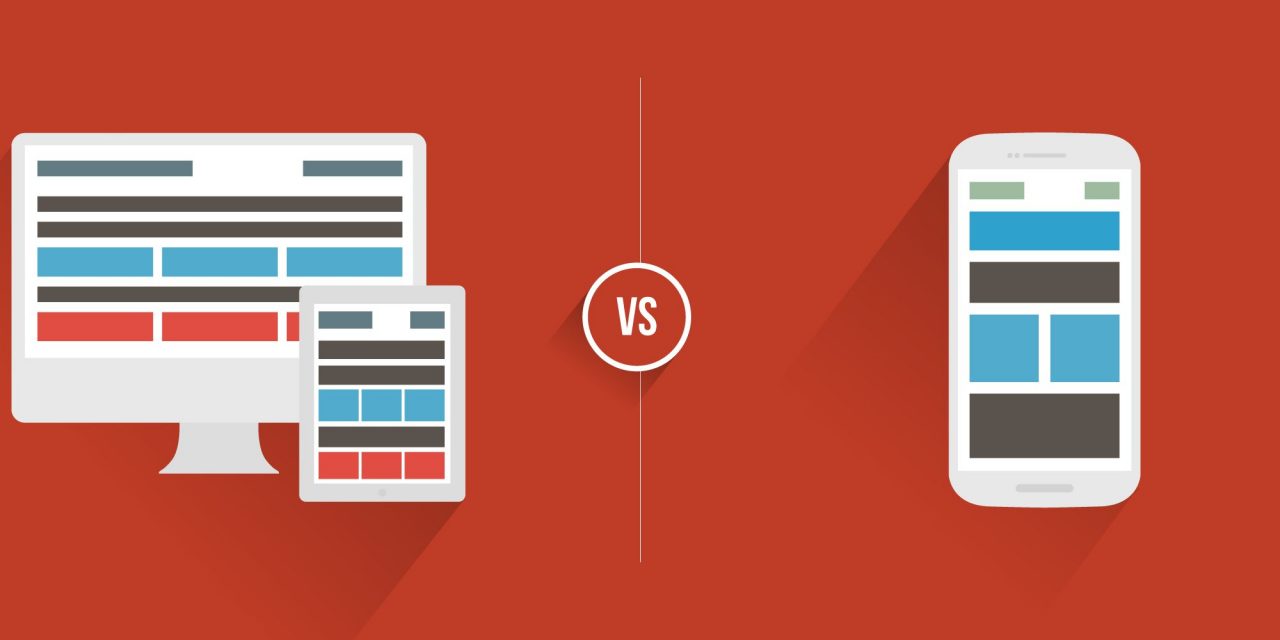I’ve on many occasions cited the importance of an online presence. However, being online is attainable through two broad ways, websites and mobile apps. This then presents a dilemma for most that might still be torn in between settling for either of the two or contemplating whether or not they must adopt both. There isn’t really a clear-cut black and white approach to this dilemma as there are several things to consider. At the end of the article, you’ll be better poised to know what to do.
Fundamental Things To Consider
Operating Online or Offline
It’s possible for an app to operate in such a way that enables a portion of it to be accessible offline. This isn’t the case for a website which can only be accessed online. Suppose you have forgotten the contact details of a business you could access them if they are part of what’s accessible offline. Conversely, that wouldn’t be possible for a website – which would be inconvenient given that at times people can’t afford to be online.
Exclusive Features
Apps tend to wield certain exclusive features that make them very engaging. With apps, it’s possible for users to receive push messages. Apps can come with options to personalize the app in a way that suits your preferences. It’s much easier to collect big data on apps as opposed to websites where you might have to comb through very complex data sets. Apps can also have the ability to access and use the host device’s storage or processing power to increase app efficiency. Websites through analytics can provide a very wide range of data that can be very useful for informing marketing strategies – though the data sets can be quite complex.
Platform Specificity
Apps are very platform-specific; there is Android, iOS, Linux and Windows platforms. This has certain implications both for business owners and users alike. I’ll lay out the implications on business owners later but for now, I’ll touch on the user side. Suppose an app is available only the iOS platform – that means the app won’t be available to Android, Windows and Linux users. Websites aren’t subject to all these issues because of their interoperability. A website can be accessed from any device running on any platform so long you have a browser. The most disadvantageous thing about apps is that they are platform-specific with respect to operating system and type of devices (mobile apps aren’t accessible on desktop devices).
Branding Perception
There is still a perception you can’t ignore; apps are considered informal whilst websites are considered formal. People expect to see your website as part of your brand image. Often times you’ll realize that when someone wishes to find out about your brand the first most likely question they would ask is, “what’s your website address?”. You can infer that apps are considered auxiliary and not as the main information disseminator for your brand – whereas the website is considered the main. Unless the app is absolutely essential to the delivery of your product or service.
Local Consumption Rates
Locally app consumption is very low and it could actually be because there are few well-built home-grown apps. The limited number of local apps could actually be borne out of a realization that app consumption is very low. Therefore, when looking at consumption rates you’ll note that websites eclipse apps by a huge margin. The appreciation for mobile apps is still to gain substantial traction in Zimbabwe. Most commercial offices and academic facilities mainly use desktop devices as opposed to mobile devices – that’s also another blow for app consumption.
Share-ability
This is one area that gives websites an edge over apps. For you to share with someone so that they can access a website all you need is to share the website’s URL with them. Whereas, if it’s an app you can share a link of the app but first, they would be directed to its platform’s store and they have to download it. This becomes a long process and not to mention an Android user wishing to share the app with an iOS user. Thus, websites are easily shareable and readily accessible.
Average Life Spans
It is said that the average life span of an app is one month. This is premised on the users’ experience and so an app is a very risky undertaking. A website generally has a much longer life span which is on average 2 to 5 years meaning it’s far less risky and more expedient to invest in developing and periodically refining a website.
Loading Speeds
Without being too technical, the broad difference is that an app’s loading speed and even in-app page loading speed during navigation tend to be faster than websites. The fact that an app can leverage the native features of the host device helps in that regard.
Costs
Generally, it’s expensive to get an app developed as you would have to hire exclusive contract-based experts. Websites are relatively much easier to develop and also less costly. I talked earlier about the issue of platform-specificity. In order to tap into all prospective markets, an app must be available on Android, Windows & Apple. This means the cost is going to be trebled since having the app on 3 different platforms entails it’s being developed 3 times. This is further compounded by the need to optimize for the different form factors on those platforms such as the iPhone, iPad and the Mac in the case of Apple.
Way Forward?
Now that we are here I’m sure you are now better poised to make a decision on which item you need more than the other. I would posit that you need a responsive website more than the app – that’s strategic to the Zimbabwean context. The crux is to have an impeccable responsive (mobile-optimized) website – non-responsiveness leads to a bounce rate (people leaving your website after short stays) of at least 60%. As for the app, you don’t necessarily have to ditch it; I would implore you to do a survey prior so as to be absolutely certain the consumers will use it, the business case may necessitate the app.








